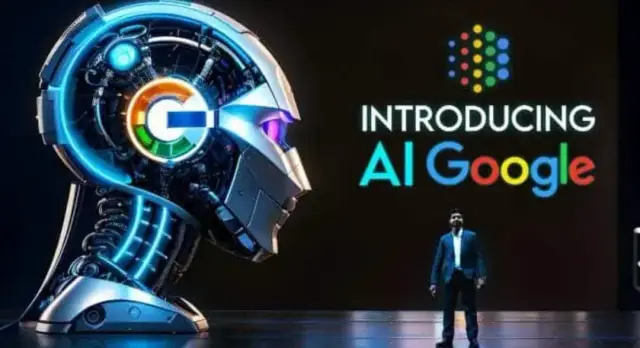Amid Criticism, Google Vows to Improve Flawed AI Search Overviews
Google commits to enhancing its AI Overviews after widespread criticism of inaccuracies and absurd responses, demonstrating the need for meticulous AI integration.

Google finds itself in the spotlight, not for its usual tech prowess, but for the bumpy rollout of its new AI Overviews feature. The tech giant recently acknowledged shortcomings in this AI-powered search capability following widespread criticism and humorous memes circulating online. After a week of public scrutiny, Google issued a candid apology for the inaccurate and occasionally absurd responses generated by the AI.
In a blog post titled 'About Last Week,' Liz Reid, Google VP and Head of Search, detailed the missteps. She explained that while their AI models don’t ‘hallucinate’ information like some other large language models (LLMs), they can still err due to misinterpreting queries or nuances in language, or simply from a lack of quality information on certain topics.
Reid also pointed out that some notable screenshots shared on social media were fake or based on nonsensical queries that most users would never search for, such as 'How many rocks should I eat?' resulting in AI suggesting outlandish advice based on satirical content found online. The issue lies not only in the strange answers but in the AI's confident delivery, misleading users to treat these as factual responses.
The revelation that Google had extensively tested the feature—including 'robust red-teaming efforts'—prior to launch leads to further questions. Reid's blog post mentioned that they failed to anticipate the kind of humorous or poor results users might force the AI to generate.
Furthermore, the heavy reliance on Reddit data was another pitfall. While Reddit can offer authentic first-hand information, it equally contains misleading advice and trolling, as highlighted by a notorious case where the AI suggested using glue to adhere cheese to pizza, based on an old Reddit post. This example has significantly damaged the credibility of the AI Overviews.
Despite these issues, Google appears committed to rapid improvement. The company aims to enhance the AI by better detecting nonsensical queries, restricting the use of user-generated content when it may mislead, refining protections for sensitive health-related searches, and avoiding AI Overviews for hard news topics where accuracy is paramount.
The scenario raises critical questions about the future of AI in search engines. Competitors like OpenAI are quickly advancing, and whether Google can catch up with these evolving technologies remains to be seen. The continuous integration of user feedback, however, could prove invaluable in perfecting the platform.
Amidst these developments, it is worth noting that AppMaster offers a robust alternative for those seeking precision and reliability in their software solutions. With a focus on generating exact applications devoid of technical debt, platforms like AppMaster are increasingly vital in this evolving tech landscape.
From building custom apps without coding to understanding relational databases, these no-code platforms provide robust solutions to modern development challenges. As tech giants like Google navigate AI integration, other platforms remain steadfast in offering reliable and user-friendly development tools.





